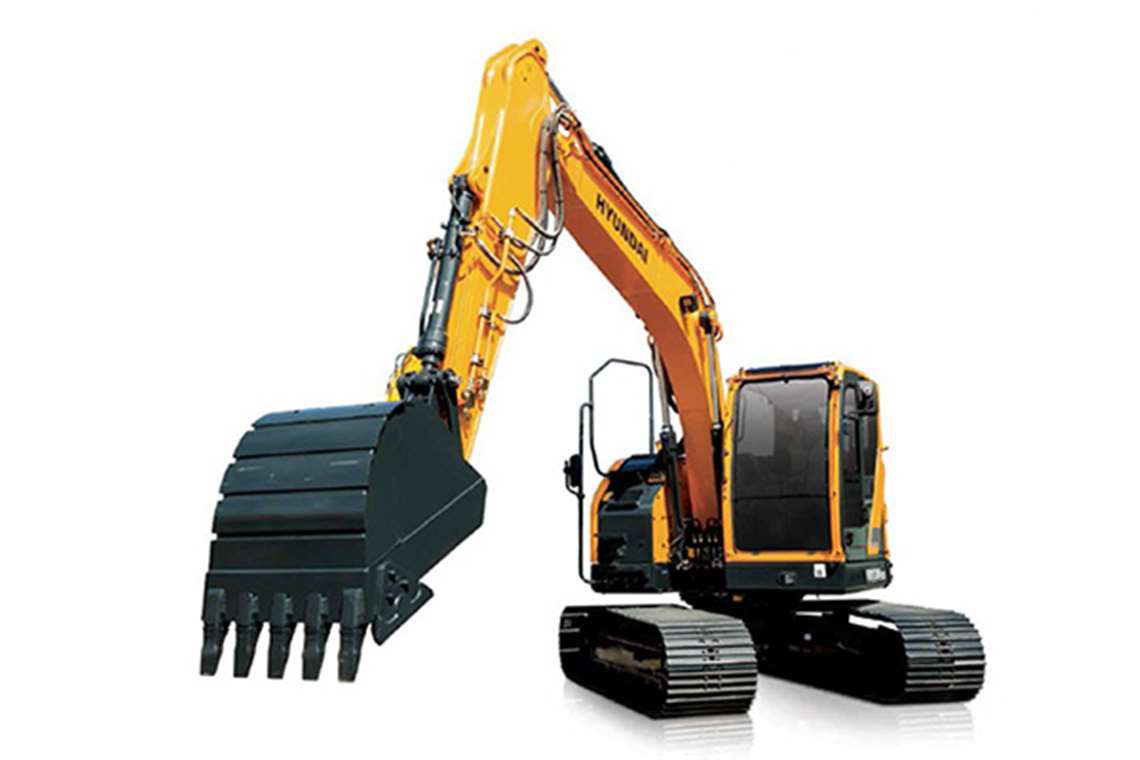Hyundai CE To Develop Fuel Cell Equipment
27 February 2020

Hyundai Construction Equipment announced it will join forces with the Hyundai Motor Group to develop fuel cell-powered construction equipment.
Hyundai CE signed a Memorandum of Understanding (MOU) regarding the joint-development of hydrogen fuel cell equipment with Hyundai Motors and Hyundai Mobis at its Mabuk Research Center in Yongin-si, Gyeonggi-do, South Korea. Together, the three companies will look to develop hydrogen-powered forklifts and medium/large-capacity hydrogen-powered excavators over the next few years
According to the MOU, Hyundai Motors and Hyundai Mobis will design and manufacture hydrogen fuel cell systems, including power packs, while Hyundai Construction Equipment will design, manufacture, and evaluate the performance of excavators and forklifts. The target date for mass production and distribution has been set to 2023.
Given the rapidly rising demand for eco-friendly equipment around the world in recent years, Hyundai CE said hydrogen-based construction equipment will help it compete in the global construction market moving forward.
Furthermore, compared to lithium batteries, which have been marred by structural issues limiting various attempts to increase battery capacity, hydrogen fuel cells are much easier to expand, making them a much more logical choice for large forklifts or excavators, the company said.
The partnership between Hyundai Construction Equipment, which has more than 540 dealers across more than 140 countries around the world, and Hyundai Motors, which has been active in hydrogen fuel cell technology, is expected to give the construction equipment industry a boost in terms of creating a hydrogen-based ecosystem, which is something all industry stakeholders are anticipating eagerly.
“With this latest agreement, we’ve prepared a foundation upon which we can secure core technology in hydrogen-powered construction equipment ahead of our competitors,” said Hwang Jong-hyun, head of the R&D Division for Hyundai Material Handling at Hyundai Construction Equipment. “Hyundai Construction Equipment will do its very best to meet the challenges that lie ahead as countries around the world attempt to establish global standards in terms of certifying the performance of equipment and legislating relevant laws for the commercialization of hydrogen-powered construction equipment, and play a leading role in the market moving forward.”
This is just the latest move by Hyundai in its drive toward alternative powered vehicles and equipment. Late last year, it showed a hydrogen fuel cell heavy-duty truck concept at the National Commercial Vehicle Show in Atlanta. Just prior to that, the company announced an MOU with Cummins intended to focus on the development and commercialization of fuel cell powertrains for the North American commercial vehicle market.
Finally, in late 2018, Hyundai CE and Cummins announced an agreement to collaborate on the design and development of electric powered mini-excavators.
STAY CONNECTED




Receive the information you need when you need it through our world-leading magazines, newsletters and daily briefings.
POWER SOURCING GUIDE
The trusted reference and buyer’s guide for 83 years
The original “desktop search engine,” guiding nearly 10,000 users in more than 90 countries it is the primary reference for specifications and details on all the components that go into engine systems.
Visit Now
CONNECT WITH THE TEAM









